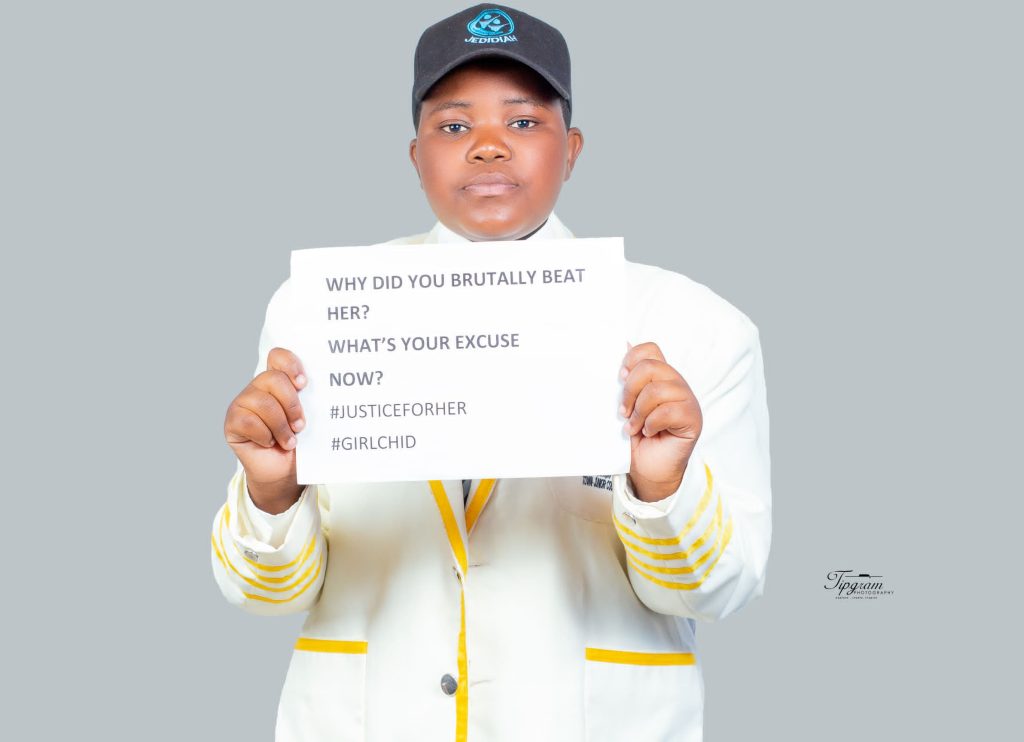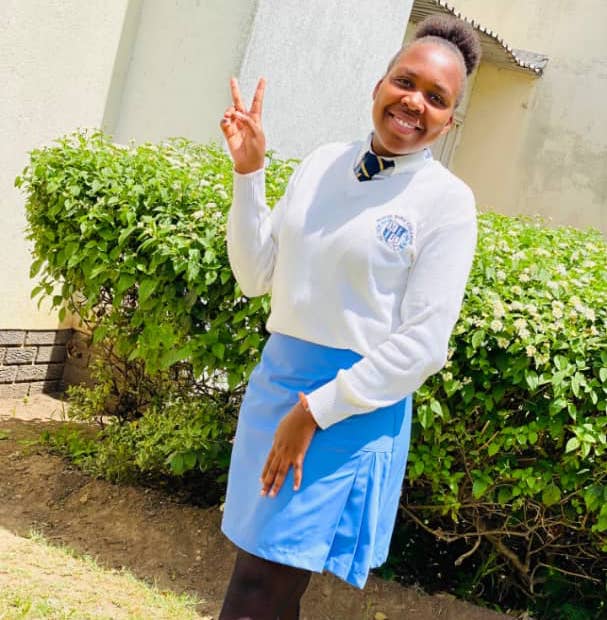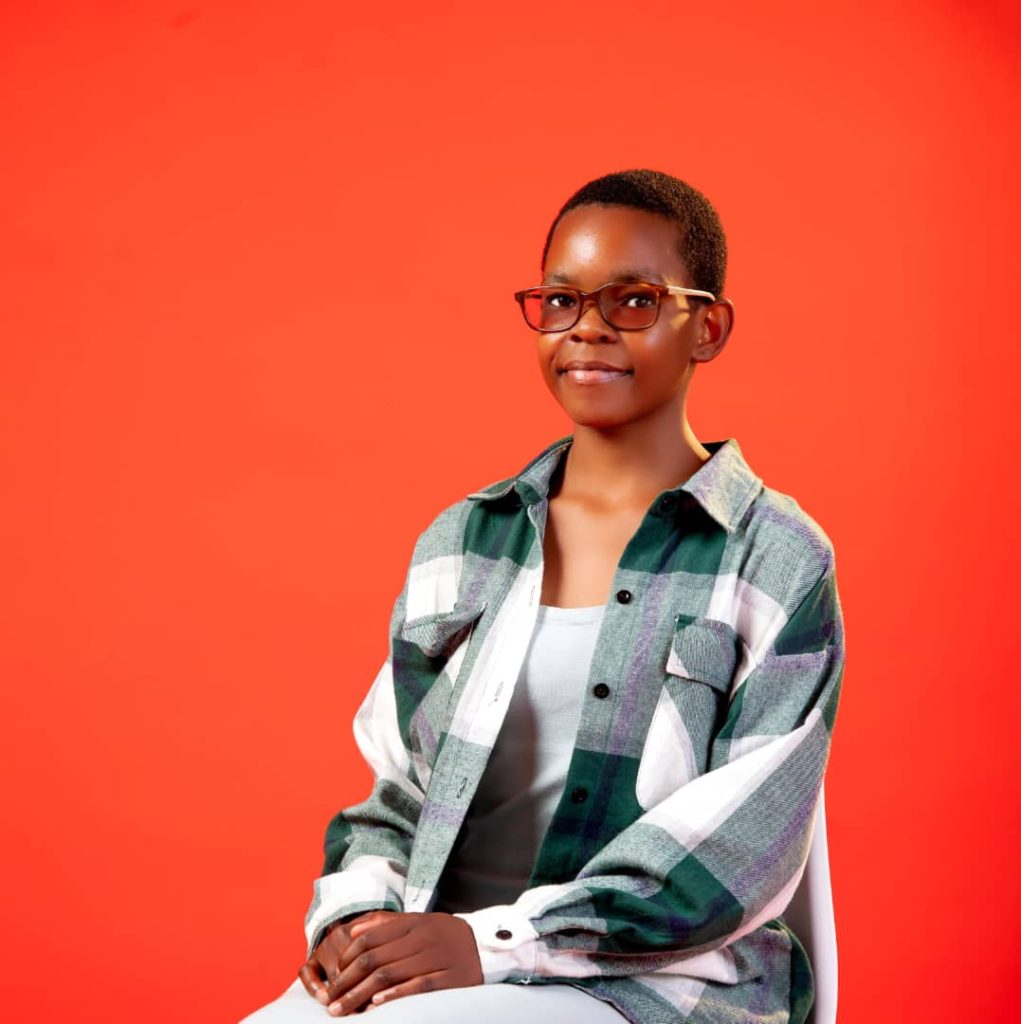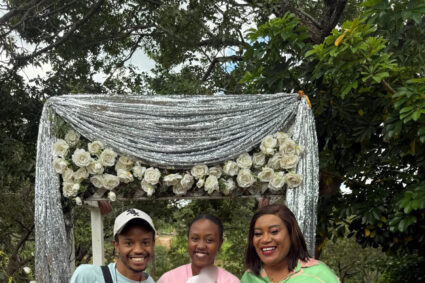
Zimbabwe joins the global community in commemorating 16 Days of Activism against Gender-Based Violence. The United Nations initiative, which has become an annual fixture, was launched on the 26th of November 2023 in Hauna, Manicaland province under the theme ‘UNITE! Invest to Prevent Violence Against Women and Girls.’
In his official statement at the launch, the UN Resident and Humanitarian Coordinator in Zimbabwe, Edward Kallon made a call for governments to make deliberate efforts in the fight against GBV by allocating adequate resources towards preventative services to minimize the heavy costs the scourge inflicts on society.
Gender-based violence (GBV) is a pervasive issue affecting women and girls worldwide, and Zimbabwe is no exception. Despite the existence of laws aimed at safeguarding this vulnerable group, alarming statistics on violence against women and girls persist. “Startling statistics reveal that approximately one in three women and girls experience gender-based violence, inhibiting their potential and contribution to their countries’ development,” said Kallon.
A recent news report highlighted the tragic case of a 26-year-old man who stabbed his 29-year-old girlfriend to death in Marondera, a town east of Harare, following a misunderstanding. This incident underscores the chilling reality of GBV, where intimate relationships can become the site of violence and even death. Another disturbing case involved a 26-year-old man from Chipinge, eastern Zimbabwe, who was arrested in mid-November for setting his three-year-old daughter on fire and causing her death, allegedly in response to a domestic dispute. This incident demonstrates the devastating impact of GBV, not only on women but also on children, who are often caught in the crossfire of domestic violence.
These incidents serve as stark reminders of the urgent need to address GBV effectively. While laws are crucial, they must be accompanied by comprehensive measures that address the root causes of violence, promote gender equality, and empower women and girls to seek support and justice.
To gain a fresh, alternative perspective on gender-based violence (GBV), a pervasive issue in the civic sphere, My Afrika Magazine (Elias Muonde – EM) engaged in a conversation with three girls between the ages of 16 and 18. These young women are actively combating the scourge of violence through their powerful poetry and advocacy efforts.
The conversation started off with Sharon Kudakwashe Chitsinde (SC), a 16-year-old girl from Norton, a satellite town west of Harare. An ‘’O’’ Level Sciences student, Sharon identifies herself as a child rights advocate who is inspired by social advocacy trailblazer Varaidzo Vee Kativhu. At that tender age, Sharon has already been in different leadership roles which include serving as a Junior Councilor in her local municipality.
EM: As a youth leader, why do you think it is important that we dedicate time to talk about GBV?
SC: GBV is a significant issue globally, with women and girls being disproportionately affected. And it’s very important (that we talk about it) because it affects both genders but mostly women and teen mothers.
EM: How prevalent is the issue of teenage motherhood in our communities?
SC: Teenage motherhood is undoubtedly a growing concern in many communities. The far-reaching consequences of teenage motherhood on individuals and society demand urgent attention. However, the issue is often treated with complacency, leading to tragic outcomes, including maternal deaths during childbirth. The prevalence of teenage motherhood highlights the need for comprehensive measures to address the underlying factors contributing to this trend.
EM: As a young leader, what initiatives are you involved in to combat teenage pregnancies and protect teen mothers who are victims of GBV?
SC: I’m actively engaged in the “Our Generation Youth Organisation’s” 16 Days campaign, a powerful initiative raising awareness about GBV. Additionally, I serve as a Child Representative for the Munotida Foundation, an organization dedicated to supporting and empowering teen mothers. Furthermore, I’ve been invited to participate in radio discussions about GBV, using my voice to amplify the experiences of survivors and advocate for change.
EM: If you had the opportunity to meet with the President, what would you ask him and the government to do to mitigate the effects of GBV on children and young adults?
SC: I would urge the President to support the establishment of an advocacy team that can travel to various regions, particularly low-resource rural areas, to raise awareness about GBV. I would also implore the government to tackle the underlying causes of GBV, such as gender inequality and poverty. By addressing these root causes, we can create a more equitable and just society for all.
Next off is Mitchel Mutana (MM), an 18-year-old girl from the high-density suburb of Old Highfields in Harare. She recently completed her “A ‘Levels and is looking forward to commencing her tertiary studies. Mitchel is a poet who has worked with many organisations and charities like KidzCan and Drug Free World.
EM: What type of poetry do you write, and why did you choose poetry as a tool for advocacy?
MM: I am a contemporary poet and advocate. Growing up in a disadvantaged community ‘the ghetto’ significantly influenced my decision to use poetry as a tool for advocacy. The prevalence of drug abuse, rape, gender-based violence, and other social ills in such environments fueled my desire to use my words to bring these issues to light and inspire change.
EM: Have you ever experienced any form of GBV yourself?
MM: I have not.
EM: How does GBV affect the development of young people in your community?
MM: GBV casts a long shadow over the lives of young people in our community, leaving a trail of detrimental consequences. It erodes their self-esteem, fostering a deep-rooted mistrust among them. The stress induced by GBV often drives young people to engage in substance abuse, further compounding their struggles. Moreover, GBV takes a toll on the mental well-being of our youth, leaving them grappling with a range of emotional and psychological challenges.
EM: In your community, are there facilities designed to help victims of GBV that you’re aware of?
MM: Unfortunately, our community lacks adequate facilities for victims of GBV. I believe that GBV support centers should be widely known and easily accessible to everyone. Sadly, in my community, GBV seems to be a hushed-up issue, leaving victims neglected in most cases. While there are numerous campaigns raising awareness, there’s a dire need for accessible support facilities.
We finished the conversation with Wadzanai Mbengo (WM), a 16-year-old girl from Masvingo, a city and province, south of Zimbabwe. She describes herself as a child rights activist, author, public speaker and poet. Despite her tender age, Wadzanai has registered a few successes in her nascent advocacy career, including being nominated twice for the Masvingo Achievements Awards.
EM: What societal measures are necessary to shield the girl child from the detrimental consequences of GBV?
WM: While I believe in the importance of campaigns, I’ve come to question their effectiveness in curbing GBV. Despite our collective stance against GBV, we continue to witness its prevalence in our streets and on social media, much like drug abuse. However, I firmly believe in empowering the girl child to speak out against these injustices.
EM: Do you think the government has a direct role to play in the alleviation of GBV from the community, or it’s entirely the responsibility of society?
WM: The responsibility to eradicate GBV extends beyond the government to encompass society as a whole. Every individual has a role to play in dismantling this pervasive issue.
EM: Why did you choose to be an advocate for children and gender rights?
WM: I believe I am the voice of the voiceless through poetry and the many different advocacy initiatives I am involved with.






